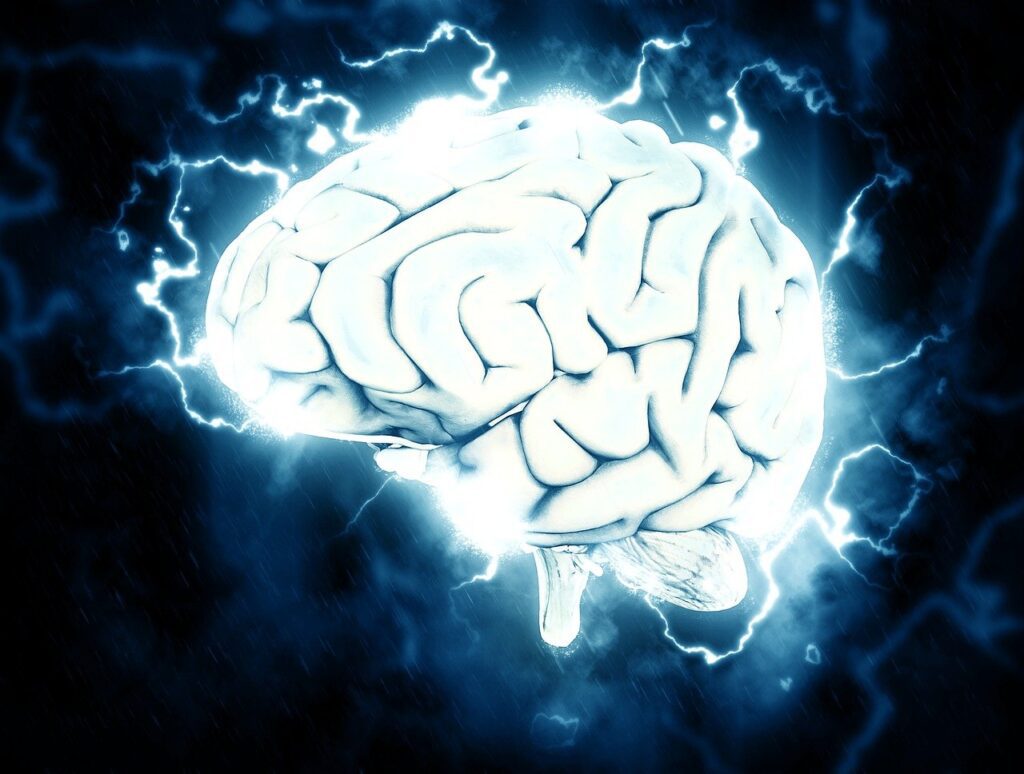Traumatic brain injury (TBI) can result from violent impacts or jolts to the head, and it’s a serious issue affecting nearly 5 million people in the U.S. who are living with chronic neurodegeneration. This condition often leads to cognitive and mental health issues and can increase the risk of age-related diseases like Alzheimer’s or Parkinson’s. It’s also linked to chronic traumatic encephalopathy (CTE), a condition often seen in athletes and individuals with repeated head injuries.

One of the major challenges in treating TBI has been the lack of understanding of how a sudden brain injury transitions into long-term, progressive damage. But a team of researchers from University Hospitals (UH) and Case Western Reserve University has taken an important step toward answering this question. Their study, published in Cell Reports Medicine, may hold the key to preventing TBI from evolving into chronic neurodegeneration.
“We hypothesized that TBI might disrupt the natural balance of mitochondrial fission and fusion,” explained Dr. Preethy S. Sridharan, the lead author of the study. Mitochondria, the energy-producing powerhouses of cells, maintain a delicate balance between fission (breaking apart) and fusion (coming together). This process is crucial for ensuring the brain’s energy demands are met, particularly as we age.
The study focused on two proteins that govern this process: Fis1 and Drp1. Previous research had shown that excessive mitochondrial fission is linked to other neurodegenerative conditions like Alzheimer’s and Huntington’s disease, driven by increased Drp1. But in cases of TBI, the researchers discovered something different: it was actually Fis1 that was overactive.
This insight led the team to test a drug called P110, a small peptide that blocks the interaction between Fis1 and Drp1, thereby reducing excessive mitochondrial fission. Remarkably, administering P110 for just two weeks following a TBI permanently restored the balance between fission and fusion, preventing long-term damage to the brain. The treatment protected the brain from oxidative stress, preserved the blood-brain barrier, and even stopped cognitive decline for up to 17 months—equivalent to many decades in human life.
However, timing is crucial. According to Dr. Andrew A. Pieper, the study’s senior author, if the treatment was delayed beyond the acute phase of injury, it was no longer effective. This highlights the importance of early intervention in preventing chronic brain damage after TBI.
The research team is optimistic that P110 or a similar compound could soon be tested in clinical trials with TBI patients. “Next, we plan to use this model to deepen our understanding of how TBI might accelerate conditions like Alzheimer’s disease,” said Dr. Xin Qi, co-senior author of the study.
The team believes that the same mechanism that links Fis1 to TBI and Drp1 to Alzheimer’s could combine in a way that makes TBI survivors more susceptible to developing Alzheimer’s later in life. Their ongoing research could open the door to new treatments that protect against both TBI and age-related neurodegeneration, offering hope to millions of people affected by these devastating conditions.
